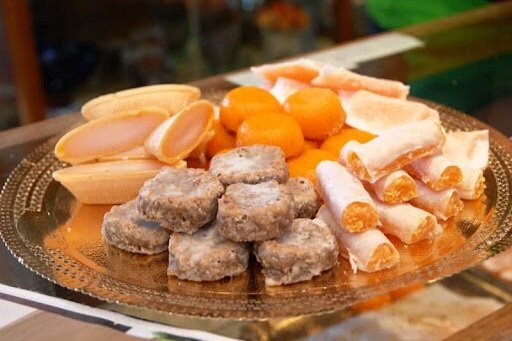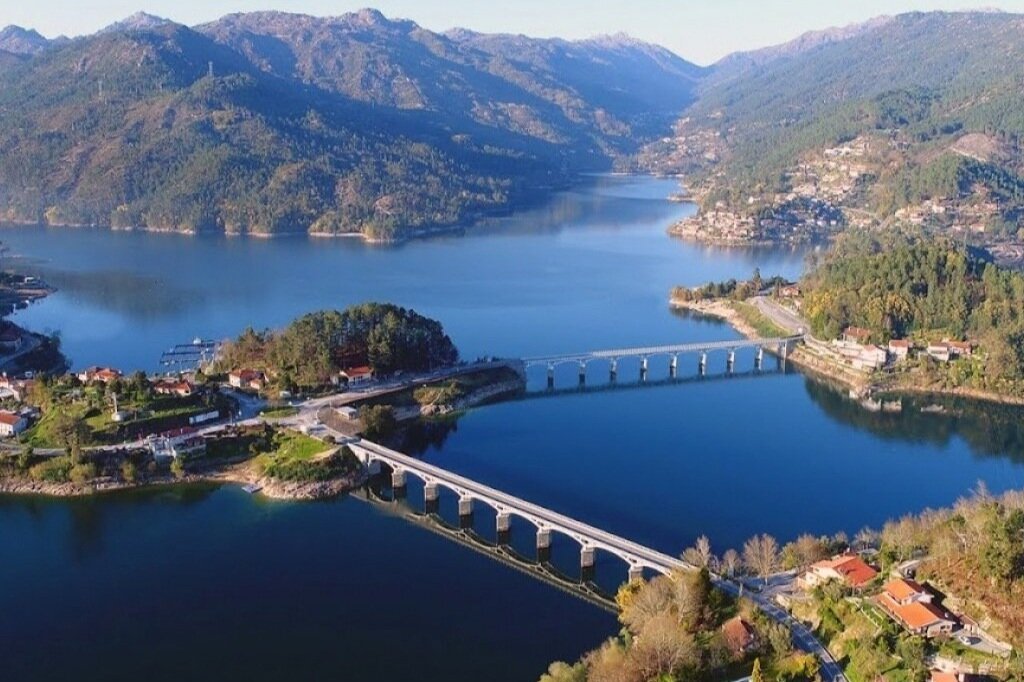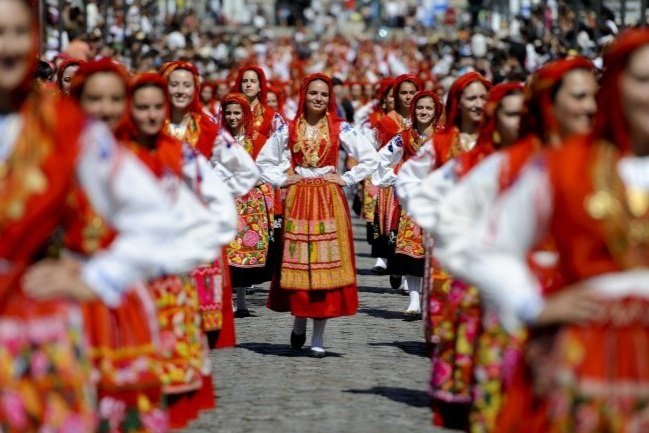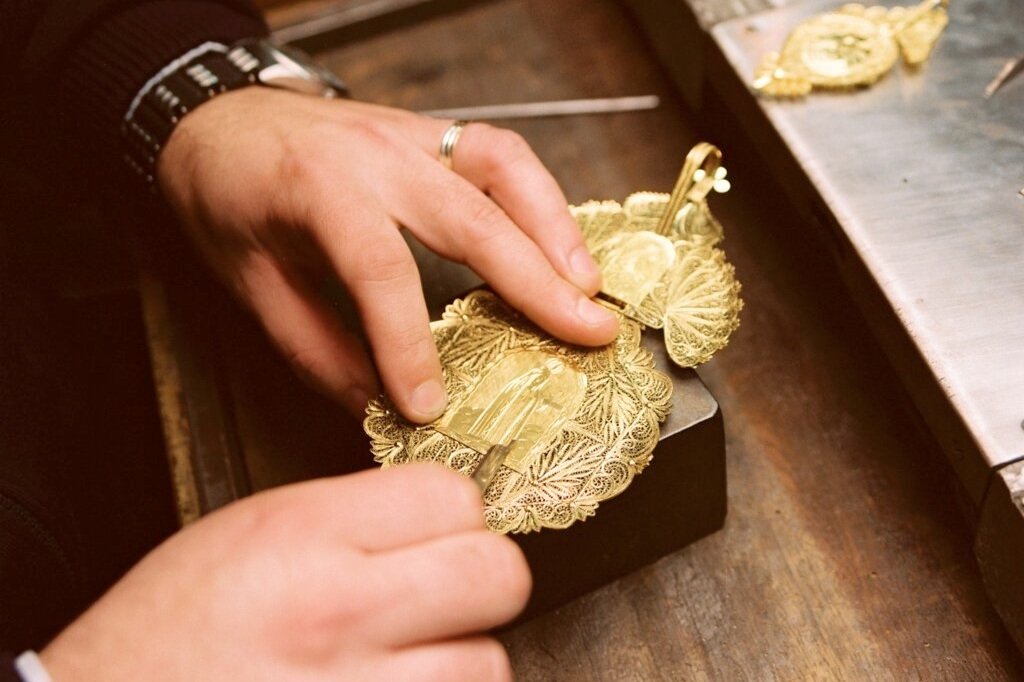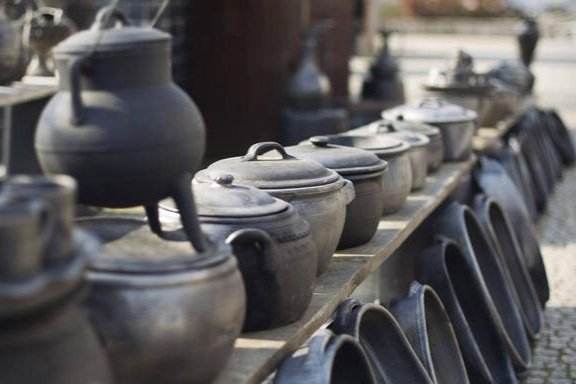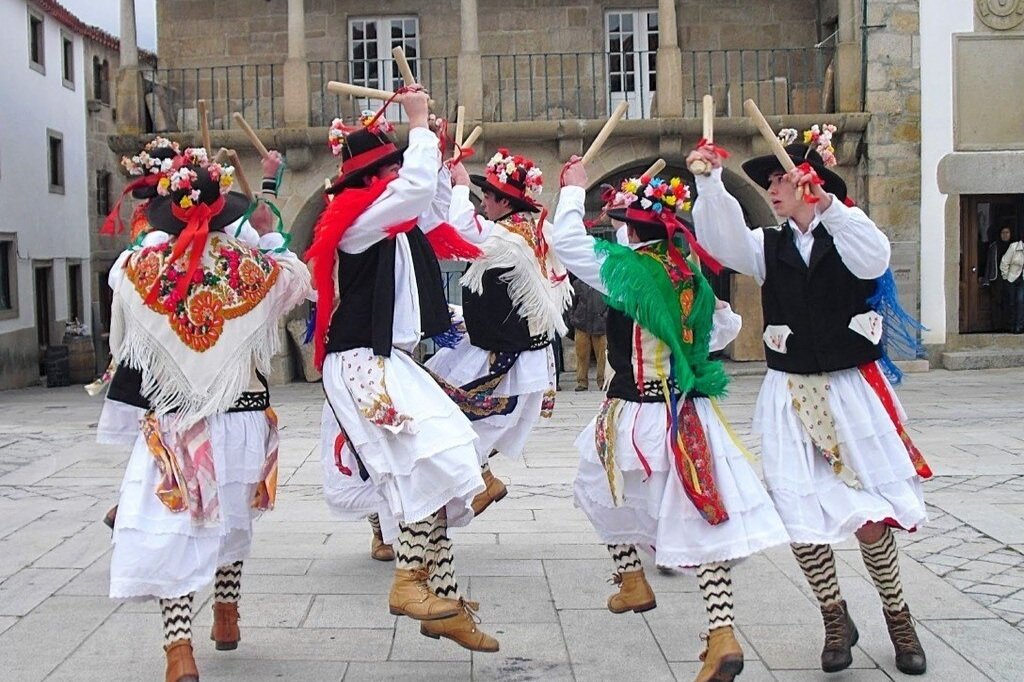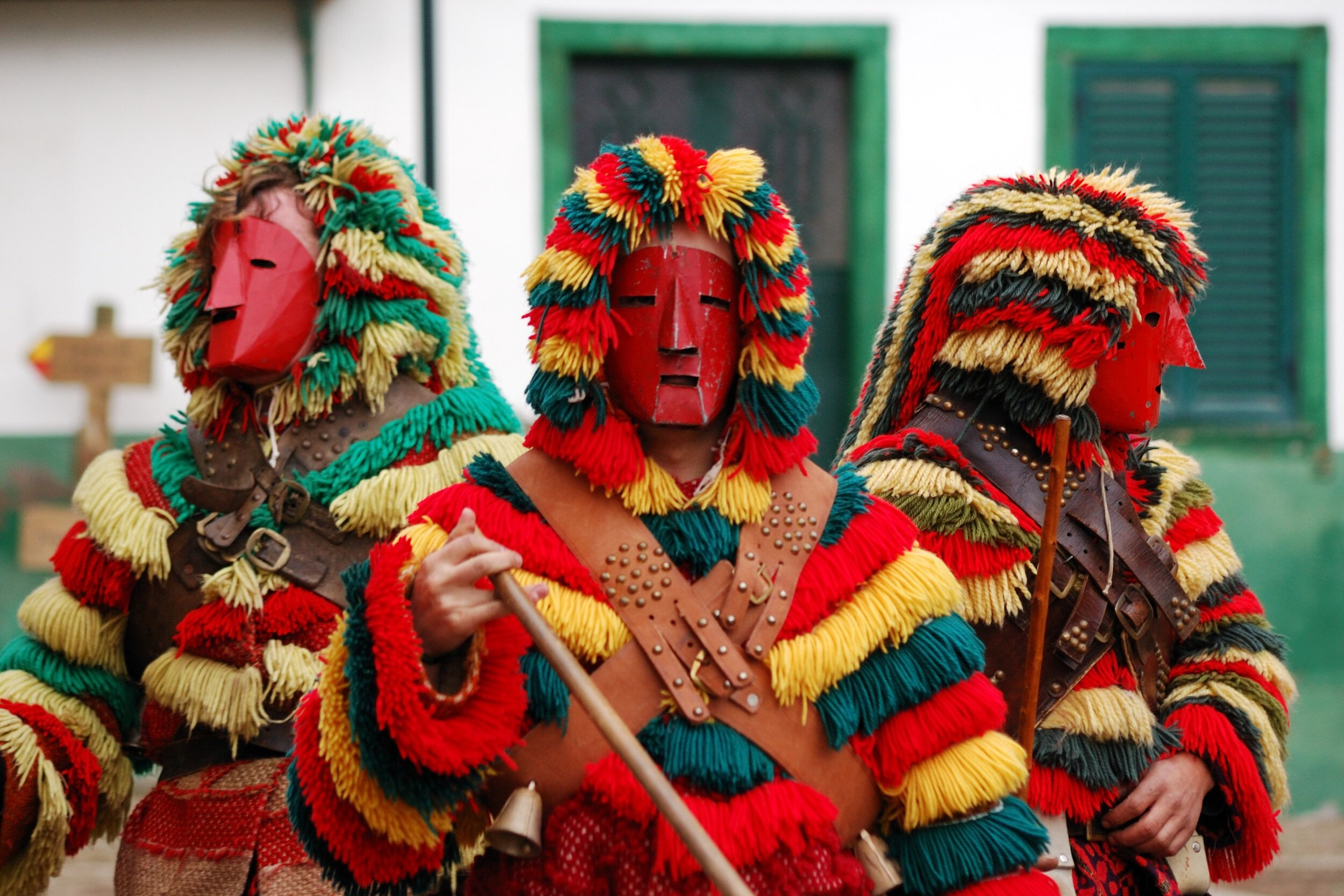North of Portugal
The beautiful hills of northern Portugal are the birthplace of the Portuguese nation.
This region is full of history and traditions that can be found in historic cities such as Porto, Braga, Viana do Castelo, Guimarães and Bragança.
Breathtaking places with incredible landscapes like the national park of Gerês and the world-famous Douro valley, and tasty, rich and varied cuisine from starters, main courses and desserts.
Taste
From the main course to dessert, taste the wonderful and traditional recipes that the north of Portugal has to offer. Feijoada à Transmontana is a well-known and rich dish from the northern region, based on beans, various types of meat and sausages accompanied by many vegetables.
Amarante's famous convent sweets are made with eggs, the result of the culinary wisdom of the former Poor Clare nuns, linked to the Convent of Santa Clara. Papos de Anjo and Lérias are some of the delicious sugary specialties that represent this delicacy.
Smell
The north of Portugal is home to the most mountainous part of the continent and home to the famous Peneda-Gerês National Park, the oldest protected area and the only national park in the country.
On the opposite side of the northern region is the Montesinho National Park, a protected area that is home to a varied avifauna with the presence of 70% of the country's terrestrial animal species, such as the Iberian wolf.
Smell the extensive flora and fauna and enjoy these natural wonders while working out or just relaxing.
See
See the beauty of tradition with traditional costumes during the Cortejo das Mordomias or in a folkloric manifestation and the heritage in several monuments and buildings with different styles that represent the centuries that can be found in the
villages and cities throughout the region such as Guimarães, the city known for being the birthplace of Portugal which has a beautiful preservation of the medieval atmosphere of the city, and Braga with the presence of majestic religious infrastructures.
Touch
The northern region is home to traditional and original art and crafts.
Take a piece of Portugal's cultural heritage and use it on a daily basis or on special occasions with filigree jewelery pieces, or preserve a piece of traditional black pottery from Bisalhães made in Bisalhães, an art that has been documented since 1709 and now belongs on the List of Intangible Cultural Heritage in Need of Urgent Safeguarding.
Listen
Listen to the characteristic sounds while admiring this interesting and unique folk dance called Pauliteiros de Miranda, where a group of people dance with drumsticks to the sound of bagpipes, snare drums and bass drums.
Or listen to the call of the Caretos of Podence as they break the winter silence with their frantic rattles and bells to complete the famous and colorful carnival costume, a prehistoric Celtic religious tradition declared Intangible Cultural Heritage of Humanity by UNESCO.
Additional Information:
Nearest Airport: Francisco Sá Carneiro Airport (Porto)
Estimated travel time around the region: From 45 minutes to 3 hours
Recommendation of other regions to visit: Douro - Travel time from 1h40 to 3h15
Porto - Travel time from 1 to 3 hours.




